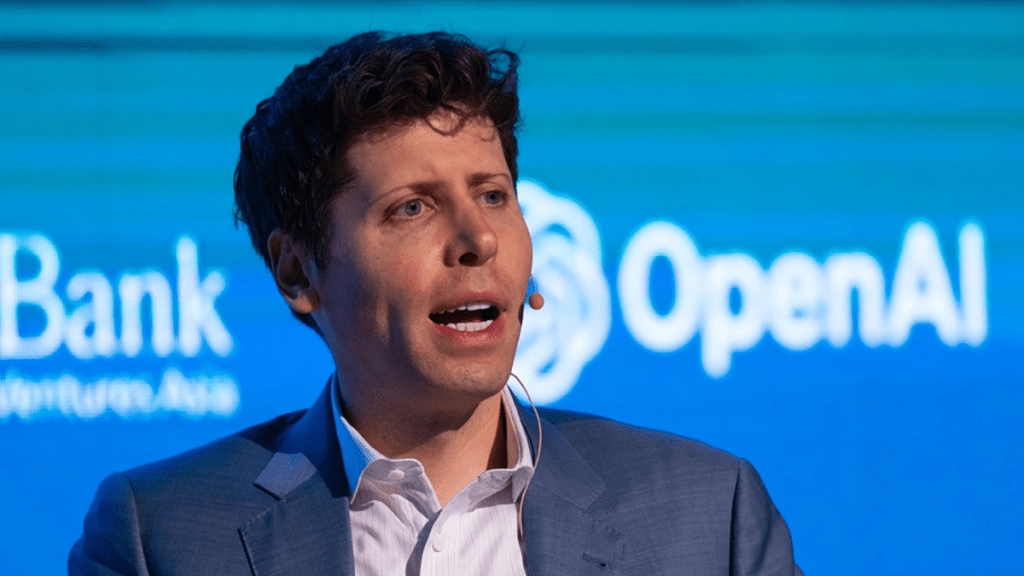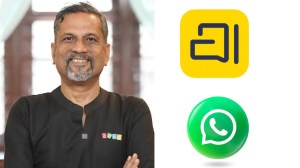The highly anticipated collaboration between OpenAI CEO Sam Altman and legendary former Apple design chief Jony Ive to create a ‘revolutionary’ ChatGPT-powered device has hit a developmental roadblock. Based on the reports from industry insiders, the ChatGPT-powered device is struggling to cope with significant technical and existential challenges, potentially delaying its market introduction.
The ambitious project, which was initiated after OpenAI acquired Ive’s startup, Io, earlier this year with the aim of building a family of AI-native devices, is all about a screenless, palm-sized gadget. Based on the inputs from Altman and Ive, this device is designed to communicate with users through a microphone, speaker, and camera, providing continuous, “always on” interaction by observing and responding to its physical environment.
Sam Altman’s ChatGPT gadget hits development roadblock
However, a new report in the Financial Times indicates that while Ive and his team have made progress on the hardware design, the crucial software and infrastructural elements are proving difficult to get right.
It is said that the primary issues revolve around three core areas –
Need for computing power
The project faces a “compute budgeting” crisis. Sources suggest that the device requires immense computational resources to run OpenAI’s models effectively as a mass-consumer product. With OpenAI already struggling to secure enough computing power for its existing services like ChatGPT, scaling this infrastructure for a pervasive hardware device presents a severe constraint.
Giving a personality
Secondly, the collaborators are reportedly struggling to establish the virtual assistant’s “voice” and “mannerisms.” The goal is to create an assistant that is a “friend who’s a computer”—a personality that is helpful and empathetic without being intrusive or “weird,” unlike some current digital voice assistants.
Designing the interactivity
Ensuring the device speaks only when genuinely useful and preventing it from talking too much is a substantial software hurdle. Since the device is designed to be constantly collecting data and cues, accurately filtering the environment to provide timely, appropriate responses is a complex development task.
Will OpenAI cancel the ChatGPT device?
Despite these setbacks, sources close to OpenAI maintain that the ongoing challenges are merely normal phases of a complex product development cycle. The project remains on track, with the partnership reportedly having secured manufacturing support from Apple product assemblers like Luxshare and Goertek. The launch could be delayed if the hurdles continue to exist for a notable time.








